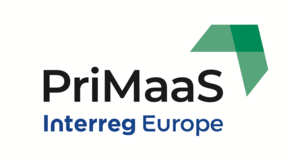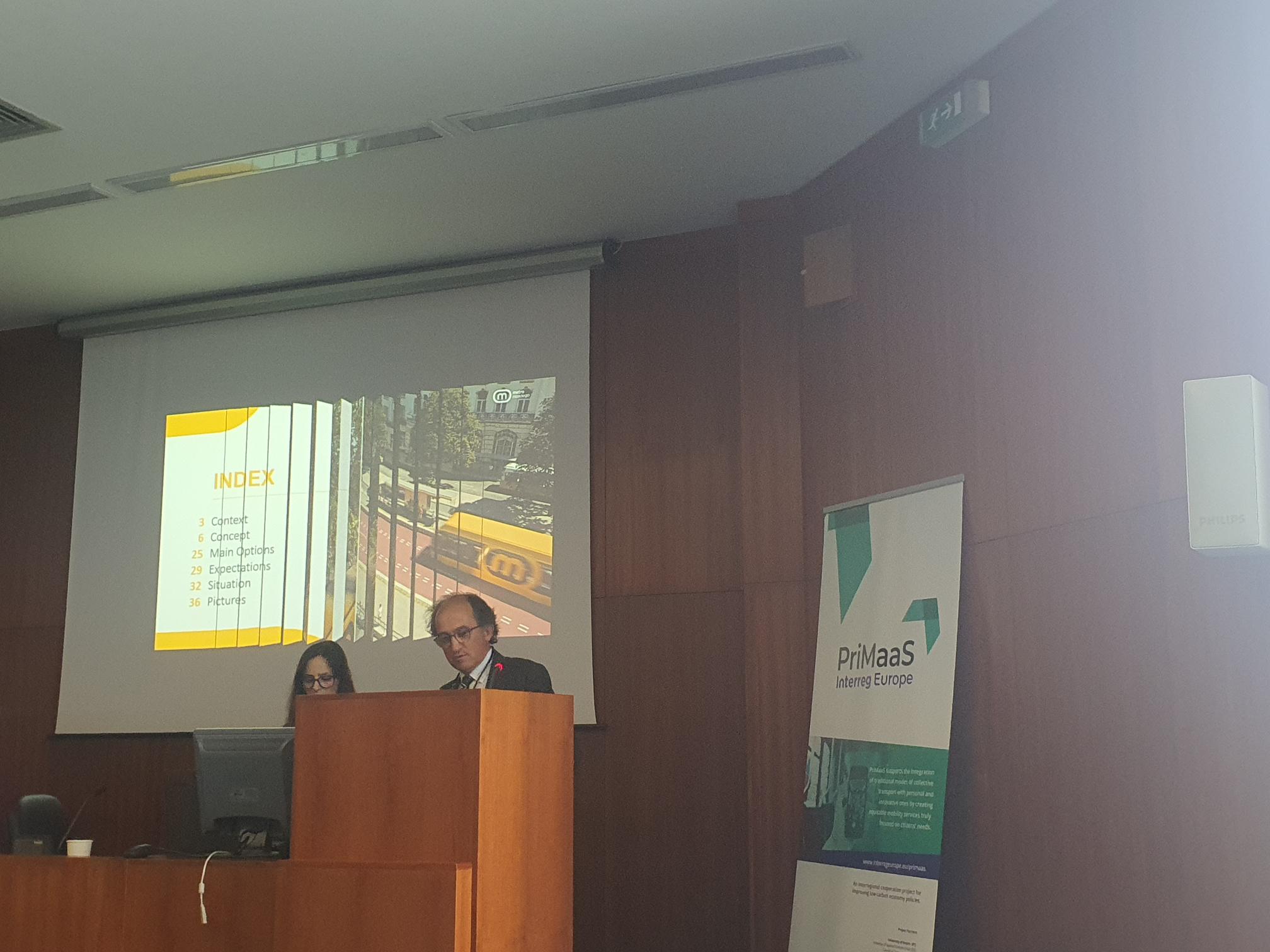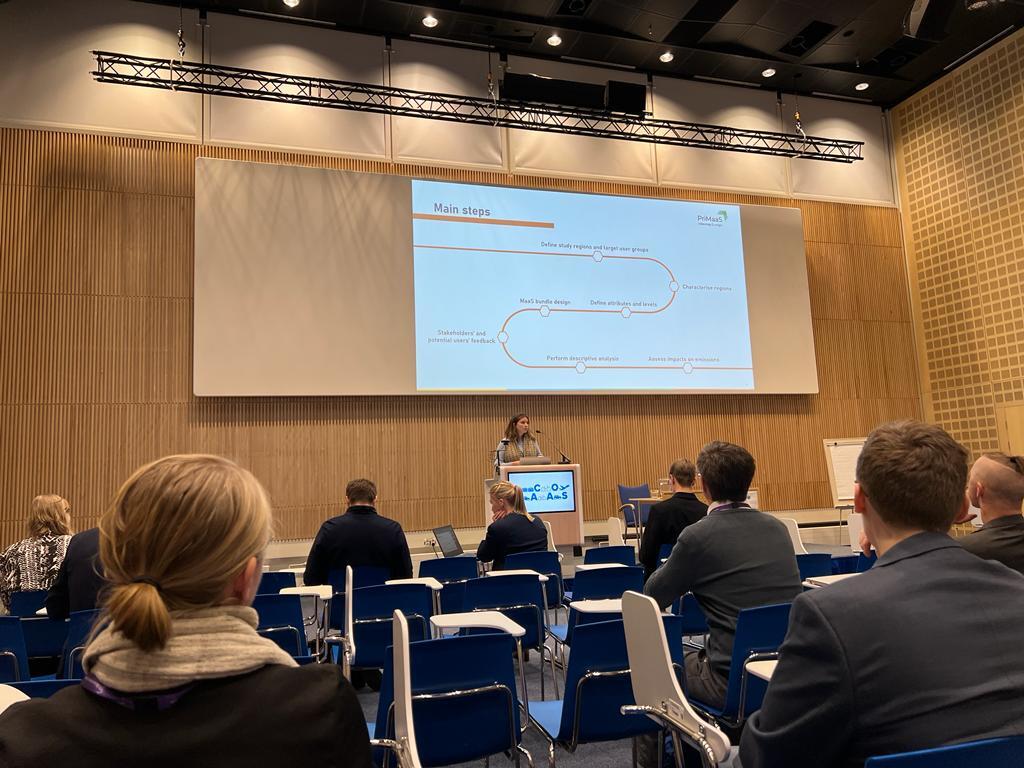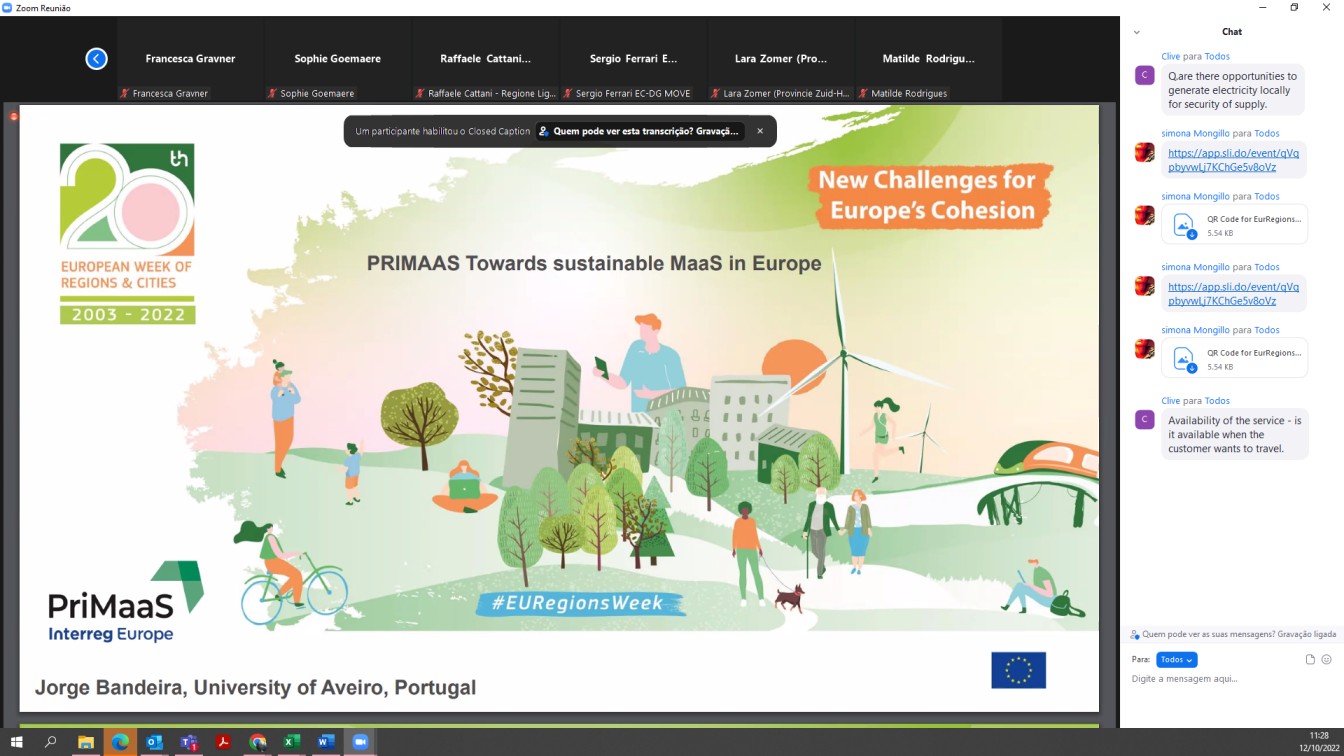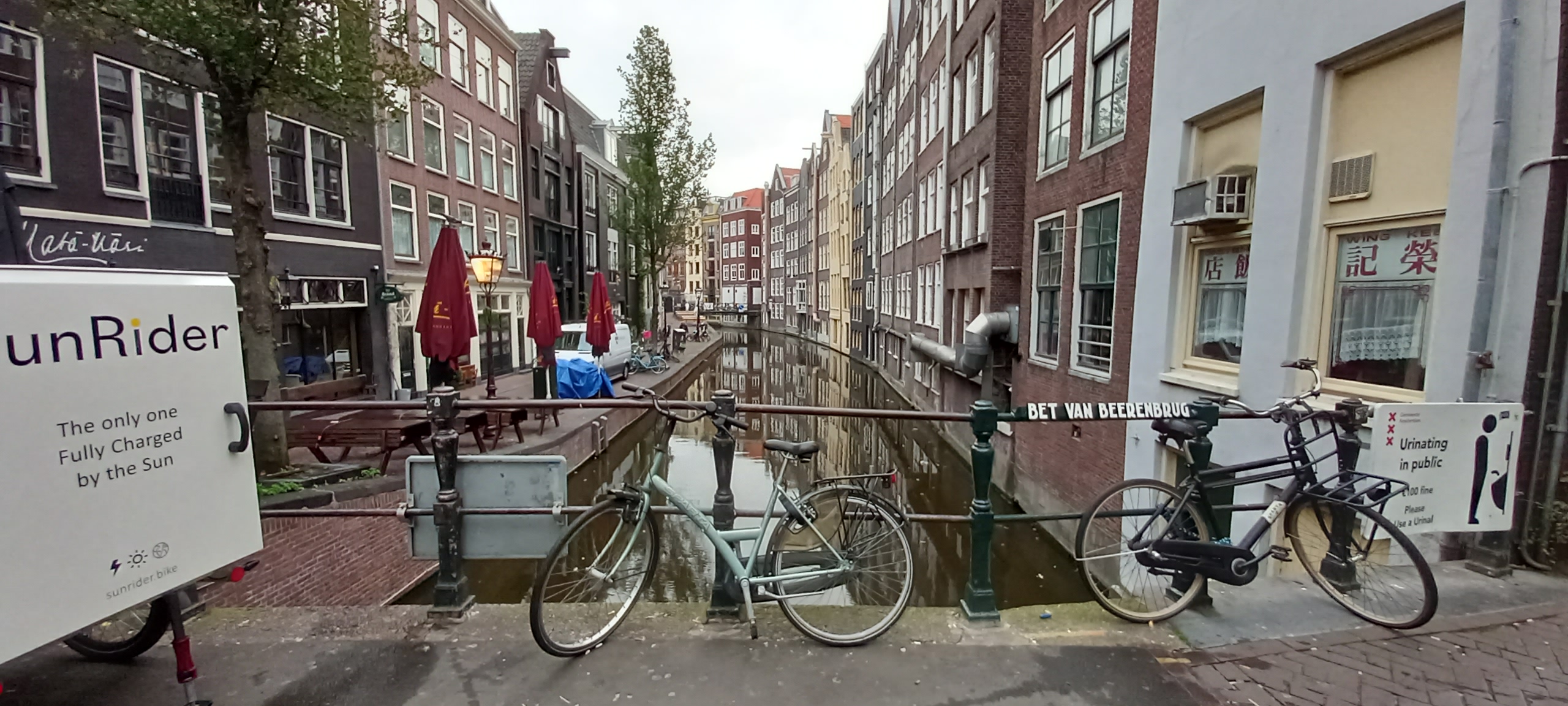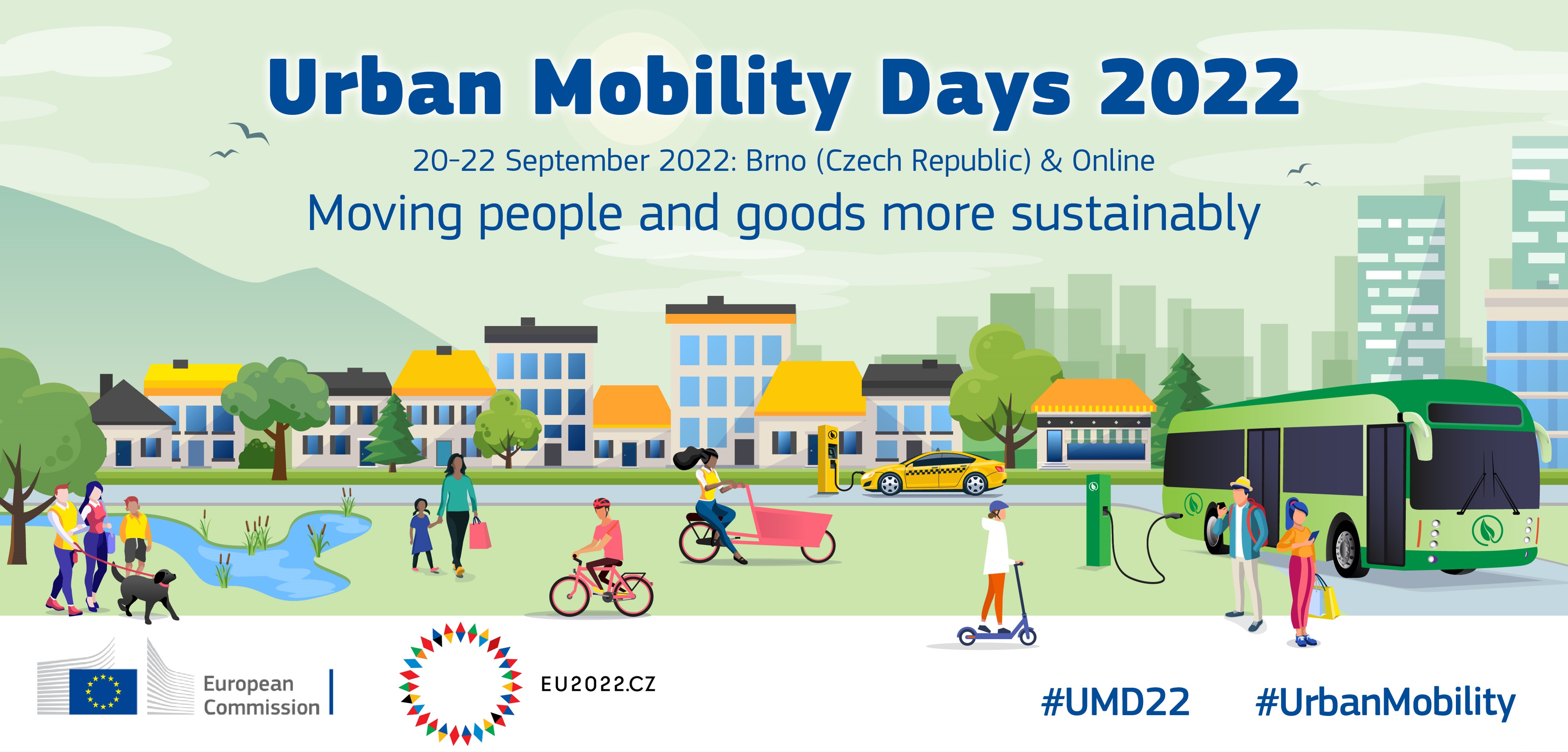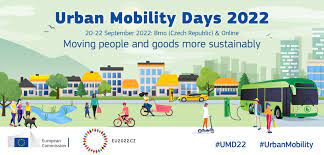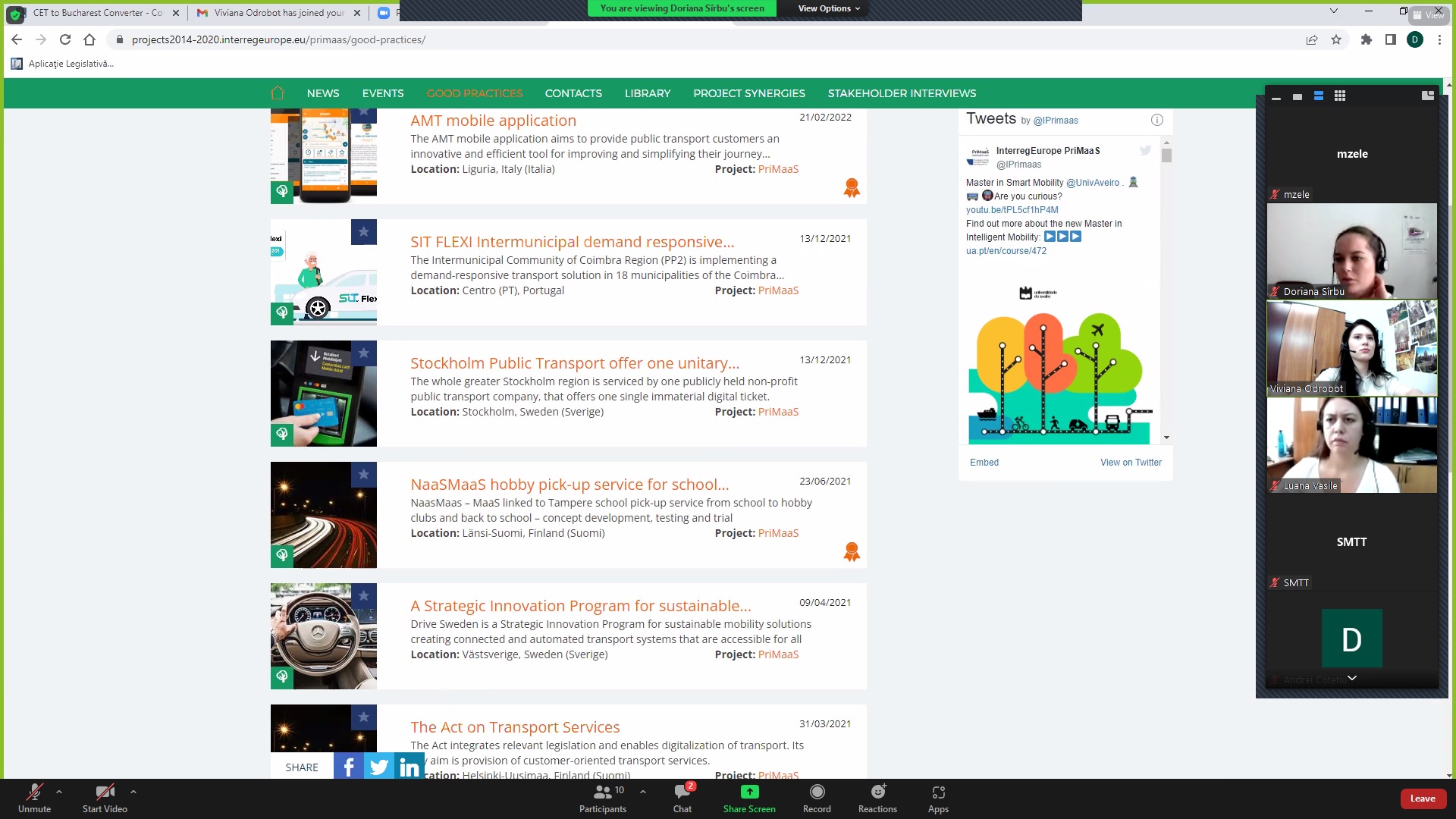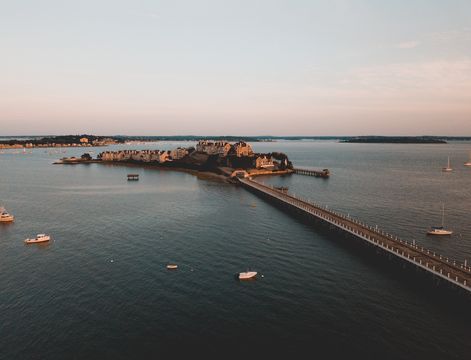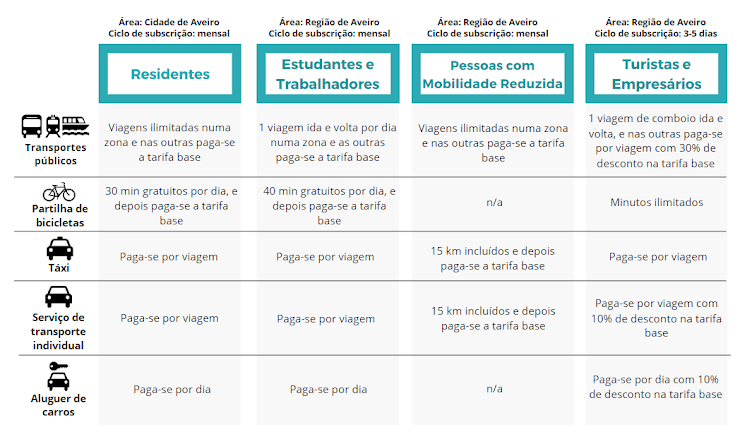The Council of Tampere Region arranged the third Regional Stakeholder Meeting in PriMaaS. There were 11 participants including members from seven stakeholder organisations. In the circumstances of COVID-19 the meeting was online.
The meeting started with current reviews to regional and national transport plans. The first national transport plan of Finland is currently under development and is supposed to be ready spring 2021. The plan covers 12 years, from 2021 to 2032. It’s main goal is to support the development of national transport system by providing a backbone for big alignments for years to come. The draft version includes many remarks related to MaaS, e.g. utilizing data in travel chains and piloting MaaS services. In a smaller scale, the first inter-regional transport strategy of Western Finland (6 regions) was completed and accepted in October. There are also MaaS related remarks, e.g. addressing the need for national ticketing and information system in passenger transport. These both plans/strategies give support for further MaaS development in Finland. Stakeholders agreed that this wider-scale strategical work is good progress.
PTAs (Public Transport Authorities) of the Region presented current situation in passenger transport under COVID-19. For Nysse, the PTA of Tampere urban region, the number of passengers is about 30-40% lower compared to last year. Therefore, the ticket revenue losses are quite remarkable but the compensation from the state has helped to keep the finance in balance. For PIRELY, the PTA outside the urban region, the situation has also been challenging. The transport flows are largely based on students because commuting has decreased quite much. For both PTAs, the main measures to tackle COVID have been restoring confidence through communication and public relations measures. Also, transport capacity has been lifted back to normal after some reductions.
Stakeholders were informed about current affairs in PriMaaS. We discussed about Good Practises and asked from the group members what thoughts do they have. As a result, we will suggest two projects for Good Practises: ALPIO and NääSMaaS. ALPIO was a pilot project where the mobility service integration of different statutory subsided trips was piloted. NääSMaaS is a project in which a mobility service for kids who go to sports hobbies after school is piloted. We also asked stakeholder opinions about additional measures in PriMaaS. One idea was to do in-depth research about legislative barriers of transport service integration.
The next meeting will take place in May 2021.
